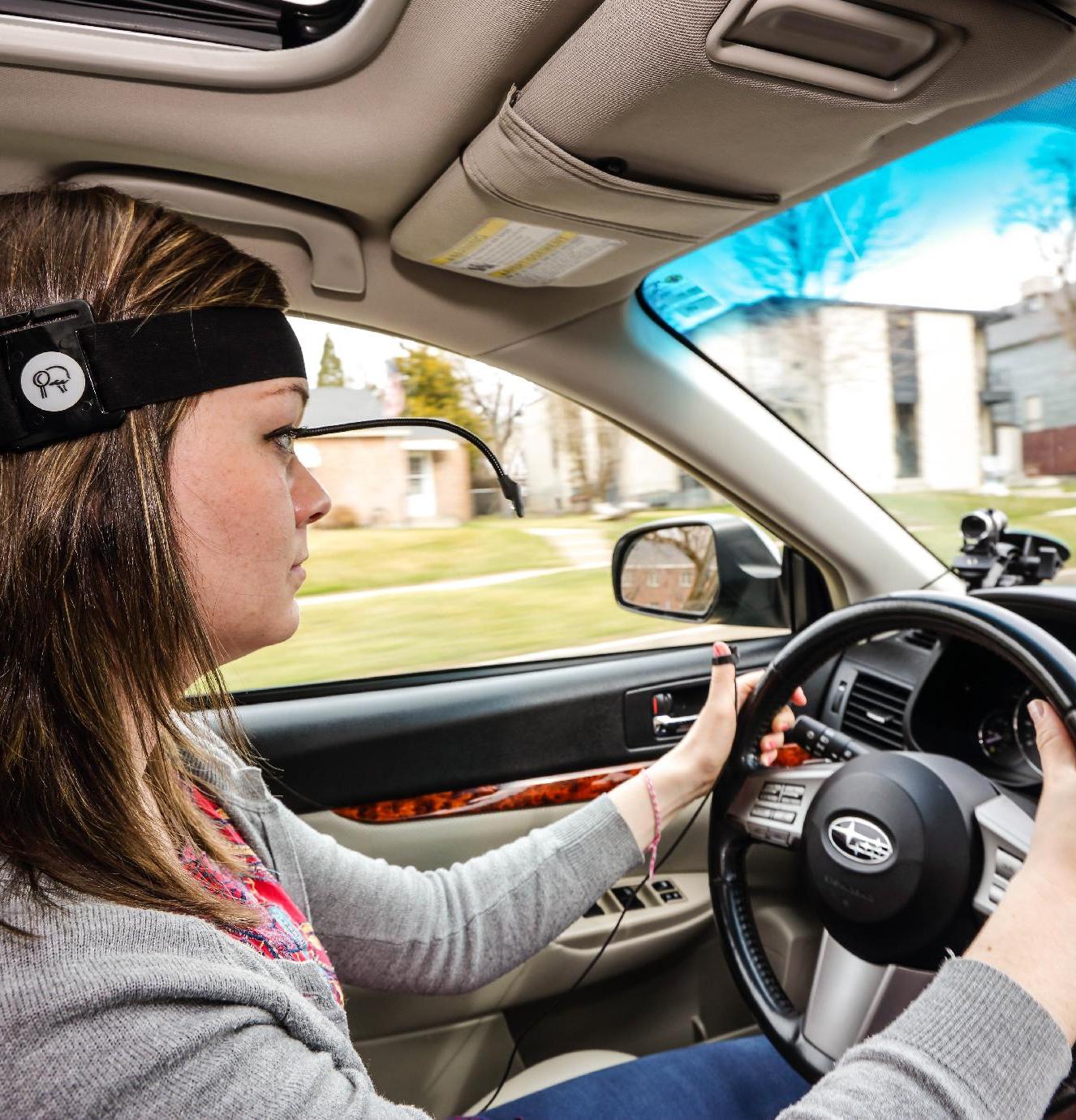Cut the chatter: Talking to your car can be dangerous, studies say
Just because you can talk to your car doesn’t mean you should. Two new studies have found that voice-activated smartphones and dashboard infotainment systems may be making the distracted-driving problem worse instead of better. The systems let drivers do things like tune the radio, send a text message, or make a phone call while keeping their eyes on the road and their hands on the wheel, but many of these systems are so error-prone or complex that they require more concentration from drivers rather than less, according to studies released Tuesday by the AAA Foundation for Traffic Safety and the University of Utah.
When these systems become more complex, like sending text messages or posting to Facebook, it pushes the workloads to pretty high levels and may be dangerous while driving.
David Strayer, a psychology professor at University of Utah
One study examined infotainment systems in some of the most common auto brands on the road: Chevrolet, Chrysler, Ford, Hyundai and Mercedes. The second study tested the Apple iPhone’s Siri voice system to navigate, send texts, make Facebook and Twitter posts, and use the calendar without handling or looking at the phone. The systems were tested by 162 university students and other volunteers. Apple’s Siri received the worst rating, 4.14. Twice test drivers using Siri in a driving simulator rear-ended another car. Chevrolet’s MyLink received the worst rating, 3.7, among the infotainment systems.

Technology